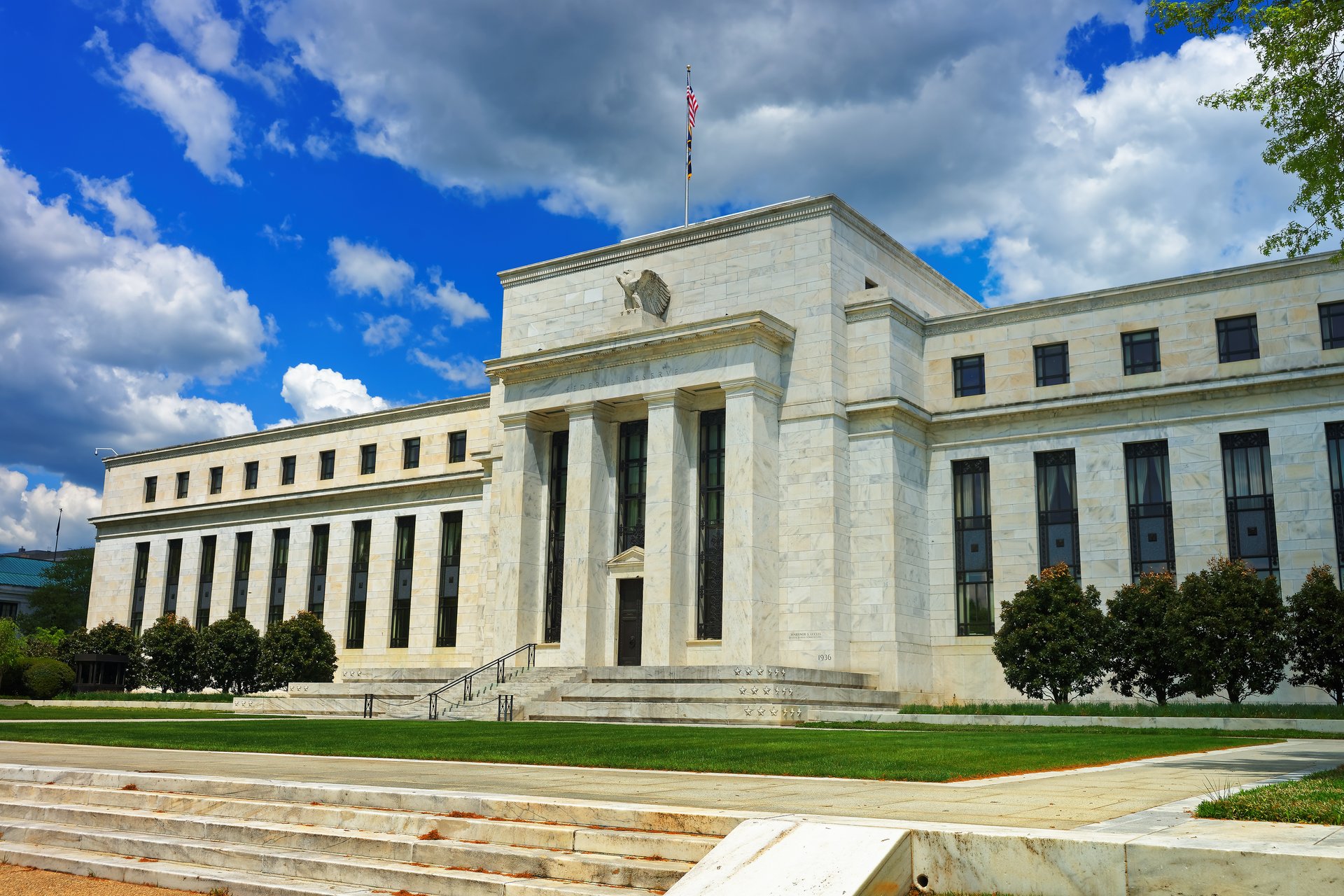
The Federal Reserve System raised its benchmark federal funds rate to a range between 0.75 and 1 percent Wednesday.
This follows a similar increase in December, and it’s the third hike since the rate was held in a range of zero to 0.25 percent for eight years.
The Federal Reserve, also called “the Fed,” is responsible for setting monetary policy for the country. When it hikes the federal funds rate, you can expect your finances to be impacted — whether for the better, the worse or both.
Here’s what you can do to make the most of it:
1. Look for a better credit card rate
If you pay off your credit card bills in full every month without fail and are certain you can continue doing so in the future, pat yourself on the back.
If not, now is the time to search for a credit card with a lower interest rate and pay off any credit card debt you’ve already accumulated.
Why: Most credit card interest rates are variable, meaning they go up and down along with interest rate trends as a whole. So your credit card interest rate might rise each time the Federal Reserve hikes the federal funds rate.
How: Visit the Monday Talks News Solutions Center so you can find the perfect credit card. There, you can search for credit cards based on such factors as rates or rewards.
You can also get help with credit card debt if you feel overwhelmed. Not sure if that’s you? Check out “11 Signs You Have Too Much Credit Card Debt (and What to Do About It).”
2. Lock in a mortgage rate
If you have or are shopping for a mortgage, know that your monthly mortgage obligation might be on the rise.
This primarily applies to adjustable-rate mortgages, making now the time to lock in a rate if you have an adjustable-rate mortgage. But fixed-rate mortgages might be affected too.
Why: Adjustable-rate mortgages “adjust” periodically. So if you have one, you should expect your monthly obligation to increase as the federal funds rate increases.
There is no direct relationship between fixed-rate mortgages and the federal funds rate, but fixed-rate mortgages are likely to move higher over time as the federal funds rate increases.
Additionally, mortgage rates remain near historic lows, and probably have nowhere to go but higher over the long term.
How: You can search for the best mortgage rate in our Solutions Center.
For help paying your housing debt down faster — regardless of whether you lock in a new rate — check out “7 Painless Ways to Pay Off Your Mortgage Years Earlier.”
3. Compare rates on savings
If you have or plan to open a savings account or certificate of deposit, it can pay to invest a little time into comparing interest rates on such accounts in the weeks and months after a Fed rate hike.
Why: When the Fed increases the federal funds rate, the interest rates on savings accounts and CDs are likely to move higher as well. That means you stand to make more money on your savings.
How: You can find a higher-paying savings account through our Solutions Center — whether you need a savings account, money market account or CD.
For more tips, check out “8 Ways to Earn More on Your Savings.”
How do you feel about today’s rate hike? Sound off below or over on our Facebook page.




Add a Comment
Our Policy: We welcome relevant and respectful comments in order to foster healthy and informative discussions. All other comments may be removed. Comments with links are automatically held for moderation.